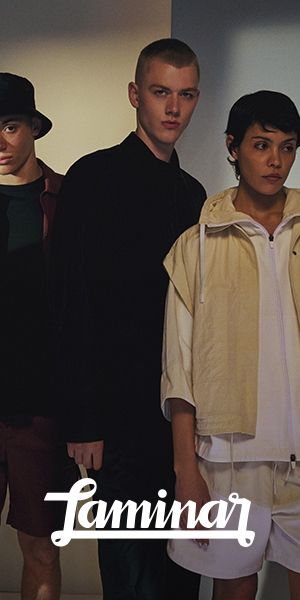
Levante is the committed pop star we needed
Her battles, between postpartum depression and mental health
February 20th, 2024
Levante has never held back when it comes to putting herself out there. From the beginning of her career onwards, exploding onto the scene with Alfonso in 2014 - a song where, let's remember, she howled "che vita di meee" with all the voice she had in her body - the Sicilian-Turin singer-songwriter has never wanted to censor herself. Not even about herself. Through five studio albums and three books (the latest of which is titled E questo cuore non mente was released in 2021) Claudia Lagona has thrown herself out completely, in all her beautiful and ugly moments, sharing herself with her faithful fans. And not sparing herself her fair share of antipathy from those who have called her a nerd, rhetorical, and presumptuous. Over the years, she has sung (and written) about love, marriages, stories that began and ended, sad parties, about Turin and Sicily, but also about climate change, social media, influencers, her relationship with her body, motherhood, and above all about mental health.
Levante and motherhood
In February 2022, in fact, her first daughter, Alma Futura, was born. A milestone event in her life as a woman and as a person, which inspired her in writing Opera futura, an album of which she brought a single to Sanremo 2023. The song chosen for the song competition is titled Vivo and, by Lagona's own admission, tells her experience of postpartum depression and the slow and joyful but also painful way in which she regained possession of her body and what she could still do and give. Given this context, the song, which goes: "I want to believe I can make it at the cost of giving up parts of myself, I want to give in to this hope, so I can believe in the life I live as it comes, I live the pain, I live the good, I live as I please, I live for those who stay and those who disappear. I live the moment that is, I live for my liberation" and culminates in: "I live an erotic dream, the joy of my body is a magical act" has a whole different flavor. Even post-Sanremo, Levante hasn't held back, and she has gone to explain and recount her experience on all the TV shows and in all the magazines that gave her space, to raise awareness among the public and to make other women feel less alone. For her, however, it wasn't enough yet.
Levante and mental health
Actually, Levante is not only concerned about the mental health of new mothers, but also about that of her fellow artists. Just as she prepares to release a documentary - that is titled Levante Ventitrè - Anni di voli pindarici and will be available for streaming on Paramount+ starting from February 23, and will be dedicated to telling the story of this difficult and particular year of hers, of huge and small changes, mental and aesthetic - the choice of Sangiovanni to take a break from the scene makes a stir. So young (he's only 21) and yet in such difficulty, also because of a world (that of entertainment) not easy to manage, with all its exposure, expectations, and judgments. Levante commented on him: "Sangiovanni's confession struck me so much, it was very brave. I don't think this world is a meat grinder, but I do think it's important to surround yourself with the right people. Working 24 hours making music is beautiful, but the risk is that one's vulnerabilities show." And she is very good not only at showing them, contextualizing them, and transmitting them to her listeners, but also at turning them into music.
Levante, a light-hearted and committed singer-songwriter at the same time
In short, Levante fights for the things she believes in, and she does so also and above all talking about herself. It may sound self-centered, perhaps, but no less effective for that. Through her way - consistent, whether loved or hated - of creating and putting herself at the center of her narrative, in a sort of autofiction that leaves room for irony and pop (just watch the promotional video for her single Canzone d'estate) she manages to sound sincere, to tell things that are true to her because they are lived. She does it convincingly, unwaveringly. Other women, in this first-hand account, might glean something of themselves and, just like her, take all the necessary steps to start living again.






























































